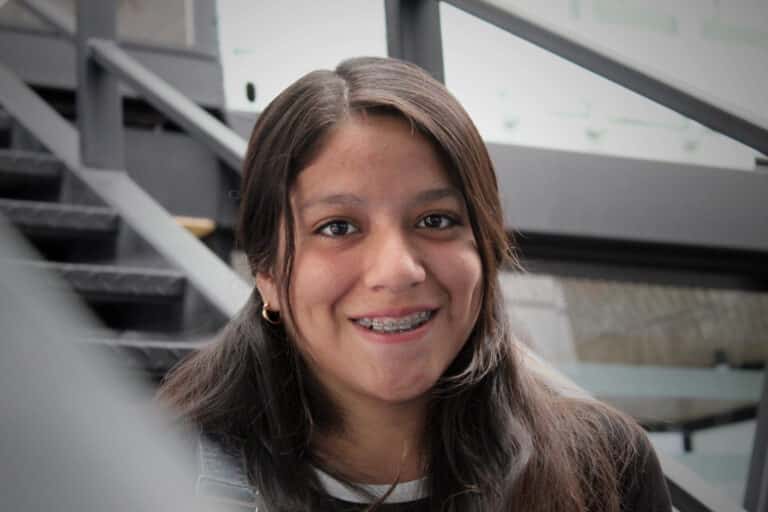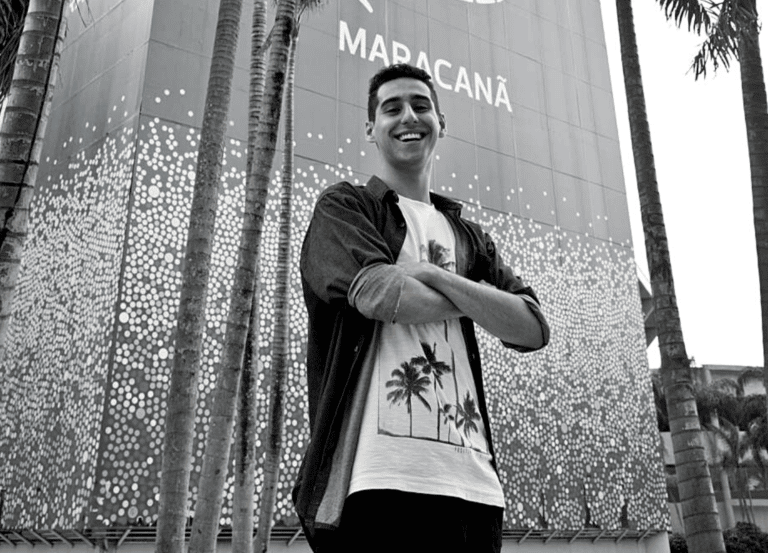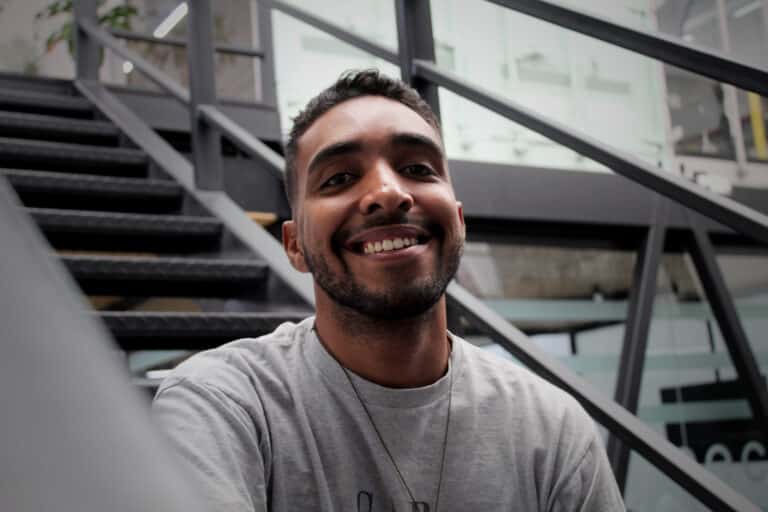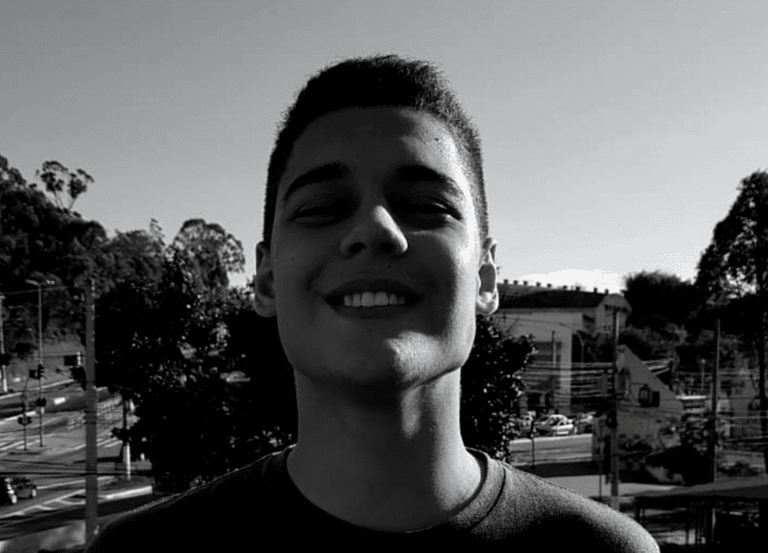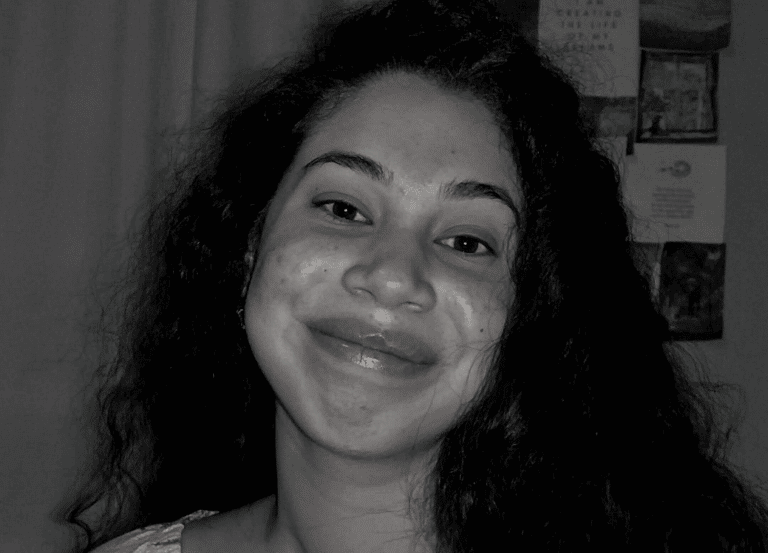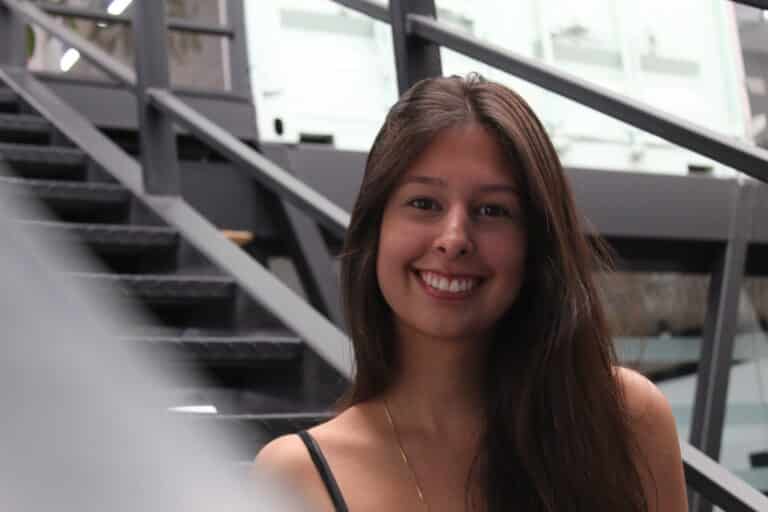Interview with Alejandra Carrasco, who is working towards digital democracy in Peru
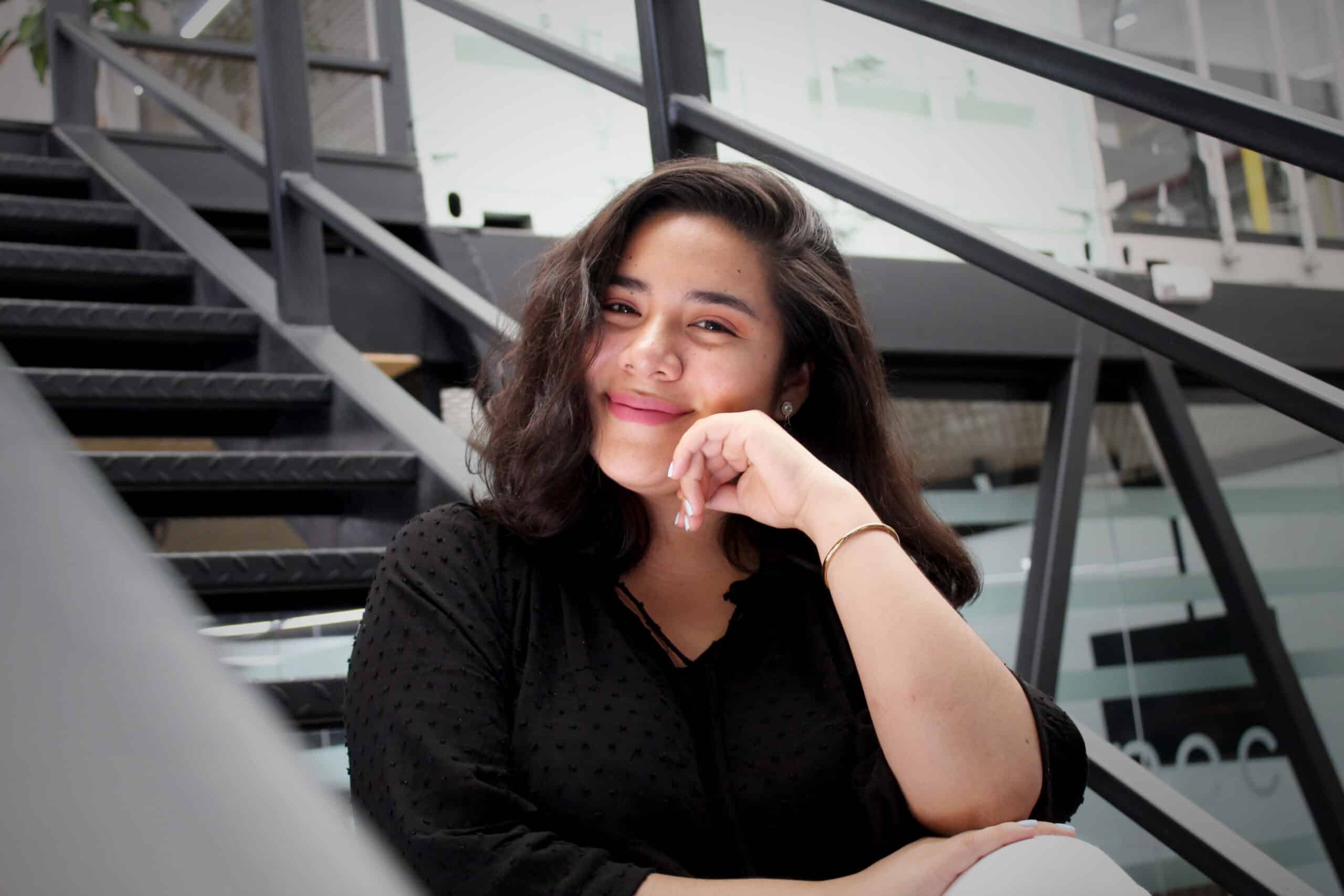
Alejandra’s interest in innovative education models grew from her involvement in WAWA Laptop Peru—a family affair for her, a startup shattering boundaries in access to education for Peru.
The idea for WAWA was born in 2015 when Alejandra’s dad Javier Carrasco, an IT Engineer, was traveling around rural Peru for a work assignment. He saw deforestation, abandoned schools, and severe infrastructural challenges. When he came home, he tackled the issue by employing his two most valuable resources: his IT skills and his family team. By 2017, with Javier and his brother as CTOs, Alejandra as CEO, her mom as marketing staff, and her 10-year-old brother as the protagonist of marketing videos, the Carrasco family built a desktop prototype of WAWA: the first eco-friendly Peruvian-built computer dedicated to improving quality of life for Peruvian children by connecting them as values-driven digital citizens.
As CEO, Alejandra’s role is to listen to community feedback and decide on strategic improvements for WAWA to achieve its impact. Through feedback, she learned that the computer needed to be portable and was not enough to deliver the product, as families might sell it on the black market, not understanding its true value. So they made WAWA into a laptop and developed a holistic Action Plan to coach stakeholders (teachers, students, and families) in hard tech skills, like coding, and soft skills, like self-empowerment and finding educational opportunities. Today, Alejandra leads the implementation of this Action Plan in three schools in underserved regions of greater Lima.
She lights up recalling how her stakeholders come up to her with questions about periods and commas – “technological vocabulary” – or about how she managed to apply for a LALA Bootcamp in Brazil. “It’s so, so beautiful to know there are a lot of people who really understand how important it is to receive this information and try to change their vision, their ambitions too, and their life. I remember that when I was giving the training, there were a lot of girls in their last year of High School. They were asking me a lot of things like ‘how can you speak English? How could you go to Brazil for LALA?’ And I explained to them, ‘you need to fill this form on Google. You need to fill out this application, and you’re in, girl! You’re on the right track.’ And it’s unbelievable because they haven’t seen this in their entire lives. How impactful it is to connect with the children and give them the opportunity to have the technology…”
This connection is a core part of WAWA’s philosophy, not just because it started as a family endeavor. Alejandra says that “working with people who are aligned with our philosophy” and “creating community” are the most important things she learned at LALA. “It’s not enough to see that we have much in common. We need to be one step forward. We need to be concerned about how this person feels and what they are thinking. That’s something that we care a lot about at WAWA, and it’s something that I learned in LALA. I’m really glad I can translate everything that I learned in LALA to my job.”
WAWA is starting to achieve national and international recognition. They recently won the 7th generation of the Startup Peru competition, have patented their model, and have received interest from Chile, Thailand, and the United States, which is brilliant for connecting Peruvian students with their region and the world.
Outside of WAWA, Alejandra is busy organizing an international Model UN conference at her former high school – Innova Schools – and applying to university, where she hopes to research innovative ways to educate and create an official methodology adapted for the context of rural Peru, possibly involving a multi-graded model, digital tools like the WAWA laptop, meaningful contact with nature and critical thinking. “It’s hard to understand this question of education, but it’s a reality. People want to be citizens with knowledge for their entire lives. People want to be educated. People want to have enough resources. That’s a reality that we live here, and I know that around the world, there are a lot of realities like this.”
Alejandra seeks to one day become president of Peru or Secretary General of the United Nations. “Or maybe both! I’m going to dream, so dream big, right?” she says with a fierce smile. In February 2020, Alejandra will be attending LALA’s pilot Academy. Right now, she is studying for the SAT and TOEFL.
“I’m a person who does not give up easily… That’s part of my personality, and it’s part of facing challenges. It’s my re-si-li….” As she struggles to finish the word, I help her: “resiliency.” “Resiliency. Thank you a lot. You are helping me with TOEFL.” We laugh and say good night.
